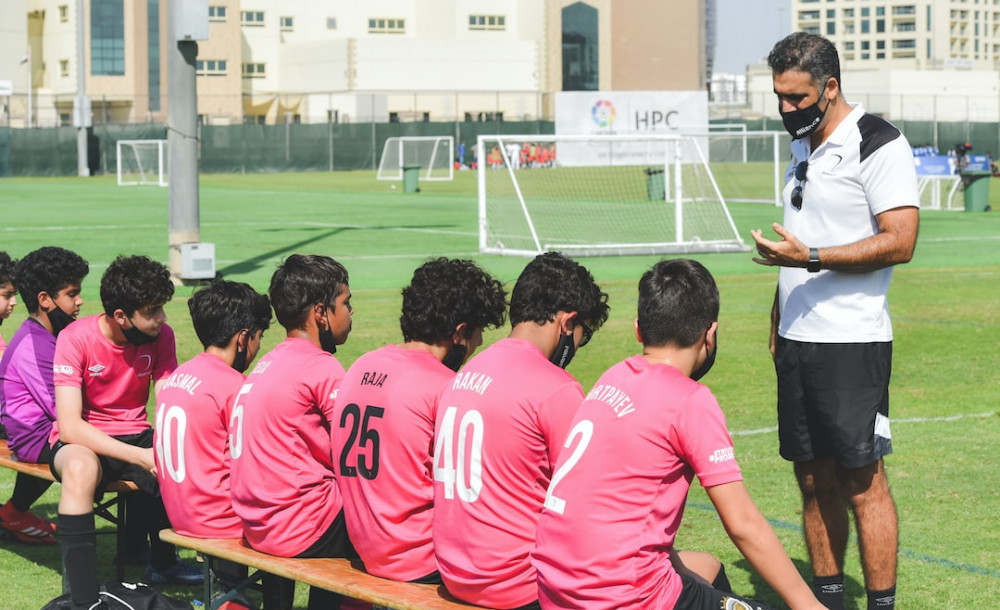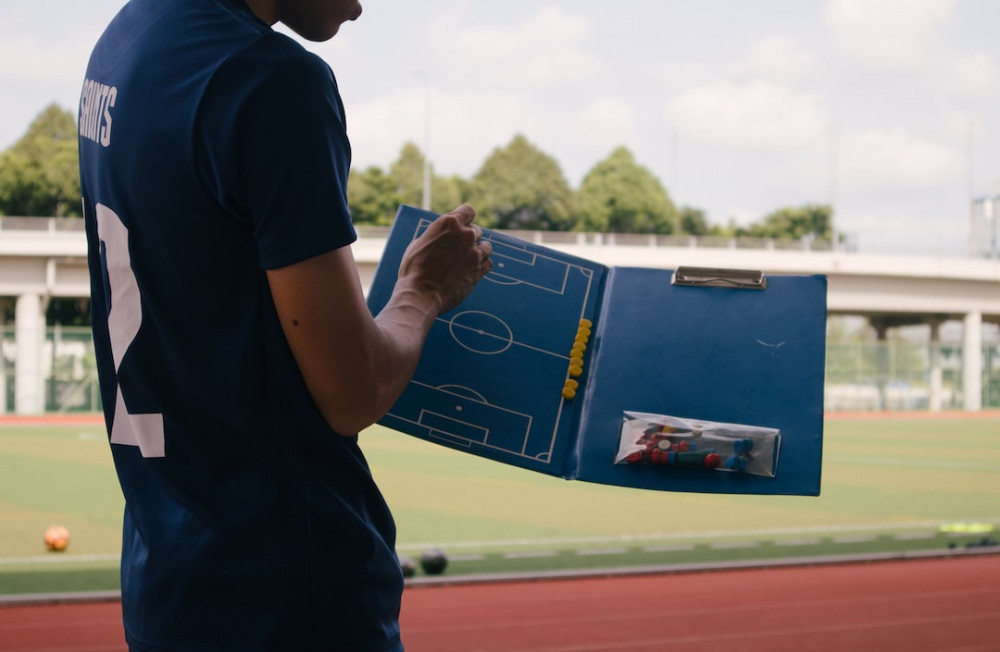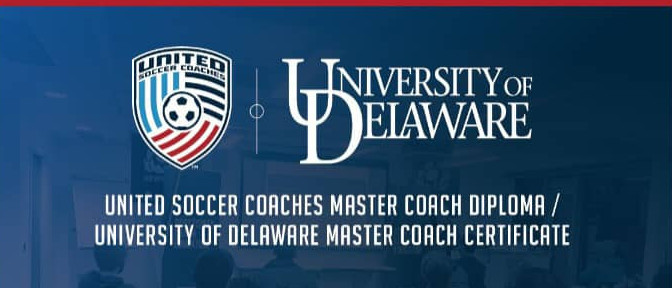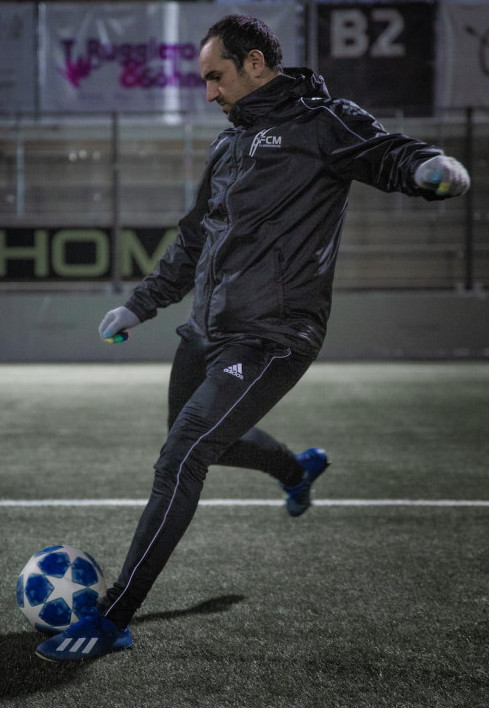Many nations have created their own coach-education or certification programs in an effort to equip coaches for their crucial role in sport situations.
These nations’ national representative organizations or international federations can now become members of the International Council for Coach Education, which holds the view that cross-border cooperation and exchange can hasten improvements in coaching development and assist coaches in enabling players everywhere to pursue excellence
Soccer coaching is a very demanding job. Success or failure of a soccer club or a country rest on the shoulders this man /or woman. To become a good soccer coach, there are several attributes and qualifications that one may need to meet, depending on the level at which one wish to coach.
Let’s look at some general guidelines of what one needs to qualify as a professional coach.

1) Knowledge and experience of the game,
A strong understanding of the game of soccer is essential. Playing experience at a competitive level can provide valuable insights into the sport. Additionally, gaining coaching experience through volunteering or assisting an established coach can be beneficial.

2) Coaching education /Licensing
Some coaching positions require specific coaching licenses, particular at a higher level. These licenses often involve attending coaching courses, passing exams, and meeting practical coaching requirements. The courses can range from basic entry- level certifications to advanced levels, such as UEFA Pro license, which is required to coach professional teams.
UEFA recognizes licenses at the C, B, A, and Pro levels. Youth B, Elite Youth A, Goalkeeper B, Goalkeeper A, and Futsal B levels are also available for specialized certifications. These licenses are granted by member associations, whose programs must adhere to UEFA standards and requirements, which are frequently changed as the game progresses. Three years are the duration of a license.
Anyone who successfully completes one of the courses listed below will receive a UEFA coaching diploma, along with a license that is valid for three years before needing to be renewed.
Candidates who want to enroll in a UEFA coaching diploma program must:
– having adequate verbal and written abilities in the language of the course
– satisfy the organizer’s admission requirements, which should include a test of aptitude
– turn in any admissions’ paperwork requested by the course coordinator.
– have no prior convictions for any offenses that would disqualify them from coaching.
The requirements and certifications available can differ between countries and soccer governing bodies. For example, in the United States, the United Soccer Coaches (formerly NSCAA) offers various coaching and licenses from the grassroots to advanced levels.
The United States the National Soccer Coaches Association of America is the board that offers two different licenses which are state diploma and a regional diploma. State diploma is for coaching ages from 6 to 12 thus were youth are taught rules of games care and prevention of injuries. Regional diploma is for youth from 12 to 19, at these stages thus were players taught technical and tactical aspects of the game which then help them to develop into stars.
3) Get certified
In United States there are six different certificates from A up to F. All of them being issued by United States Youth Soccer Association which is an affiliate of the United States Federation. Class A to D are to coach at National Level, E and F are for the youth club level. For all class one has to attend classes, state workshops and pass the certification exam.

Some coaching positions require specific coaching licenses, particular at a higher level. These licenses often involve attending coaching courses, passing exams, and meeting practical coaching requirements. The courses can range from basic entry- level certifications to advanced levels, such as UEFA Pro license, which is required to coach professional teams. In United States the National Soccer Coaches Association of America is the board that offers two different licenses which are state diploma and a regional diploma. State diploma is for coaching ages from 6 to 12 thus were youth are taught rules of games care and prevention of injuries. Regional diploma is for youth from 12 to 19, at these stages thus were players taught technical and tactical aspects of the game which then help them to develop into stars.
4) First aid and Safeguarding Certifications
A good deal of soccer coaching roles may require first aid and safeguarding certifications. These certifications ensure that coaches can respond to injuries and emergencies appropriately and understand how to create a safe and positive environment for players

5) Background checks
Background checks including criminal record check are commonly conducted for individuals working with youth players to ensure child protection and safety.
6)Begin as a coach’s assistant
You might start out as an assistant coach before rising to the position of head coach in your football coaching career. Being an assistant coach enables you to develop your skills while working under the direction of a more seasoned coach.
7) Continuous Professional Development
Soccer coaching is an ongoing learning process. Its important to stay updated with the latest coaching methodologies, tactics and development in sports. Attending coaching workshops, seminars and workshops as well as networking with other coaches can help one to enhance coaching skills and knowledge.
Remember that specific requirements and qualifications may vary based on one’s location, the level of coaching one aspire to, and the governing bodies or organizations involved in soccer in the country.
It is advisable to research the requirements of the specific coaching role or the organizations you are interested in to ensure you meet their criteria.
Below are some skills that a coach may need in order not to be just a coach but a successfully coach
Deep knowledge and use of video analysis
In addition to traditional coaching qualifications and experience, a successful professional soccer coach must have a deep understanding and interpretation of video analysis.
This skill allows coaches to dissect gameplay footage, assess player performances, and develop strategic insights that can enhance team tactics.
By analyzing match recordings, coaches can identify patterns, evaluate individual contributions, and pinpoint areas for improvement.
Proficiency in video analysis not only aids in refining training methods but also equips coaches with the necessary tools to communicate effectively with players, ensuring that the team’s overall performance continuously evolves and adapts to competitive demands.
This analytical approach is essential in today’s game, where data-driven decisions play a pivotal role in achieving success on the field.
Good communication
When introducing new drills, a football coach must be a good communicator. They converse with opposing teams and game spectators as well.
Soccer knowledge
Soccer coaches must be familiar with the game’s mechanics, including its rules and best practices, in
order to effectively teach it.
Inspiration
Through positivism and emotional connection, successful football coaches push their players to develop their skills and become the greatest players they can be.
Organization
A coach needs organizational abilities in order to plan effective practices and drills. They use a tracking system to keep track of player performance as well.
Patience
A football coach needs patience to work with players and aid them in acquiring specific abilities.
Take away
If you have all the above mentioned qualifications and attributes, then you have a good chance of becoming a successful coach.

Remember that it also take a lot of experience to become successful at coaching. Some coaches from popular soccer leagues and even national team coaches who have won the Fifa World Cup have years for technical bench experience.
So roll out your plan of becoming a coach and go for it.
Happy coaching.
Here’s a little transparency: Our website contains affiliate links. This means if you click and make a purchase, we may receive a small commission. Don’t worry, there’s no extra cost to you. It’s a simple way you can support our mission to bring you quality content.
No Responses